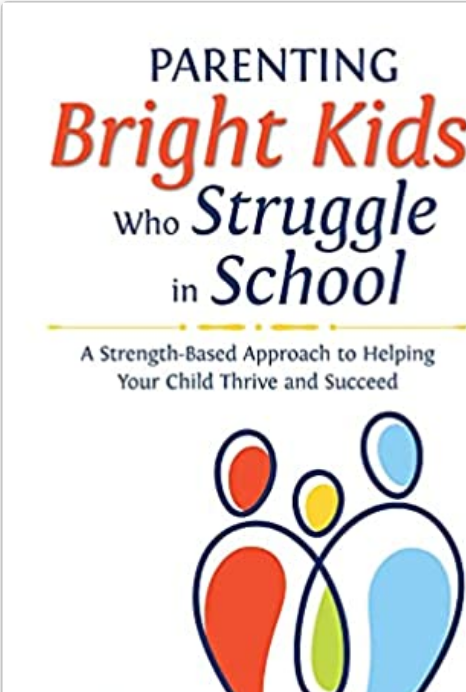School Struggles and Your Child: Expert Tips
 It’s natural for all students to struggle some in school. But if your child is consistently facing the same issues, it’s worth looking for ways to help him or her.
It’s natural for all students to struggle some in school. But if your child is consistently facing the same issues, it’s worth looking for ways to help him or her.
Q: How can I distinguish whether a behavior is a phase or something to be more concerned about?
A: You know your child best, and are probably the first to notice changes in his or her behavior. Think about the following:
- Consider the degree to which your child’s struggles are getting in the way of his or her social life, academics, sports or other activities.
- Do you foresee the struggles hindering their success in these areas? For example, if your child refuses to go to school, it’s reasonable to assume that grades will drop.
Don’t hesitate to consult with the various professionals who interact with your child. Teachers, counselors, advisors, pediatricians, coaches and tutors can help you problem-solve and may be able to offer insight into your child’s experience and reactions.
Q: How can psychologists help?
A: Mental health providers such as psychologists are another group of professionals who are a resource for you to get to the root of the difficulties and help you and your child navigate difficult situations.
Psychologists can help treat a wide range of school-related concerns that your child may have:
- Learning problems: Academic struggles can be stressful for both children and families. Sometimes children are struggling in school because of an undiagnosed learning disability. Psychologists can conduct neuropsychological testing to assess learning problems and identify strategies to help meet academic demands at school.
- Behavioral, emotional or medical conditions: About one in five children and adolescents may have emotional and behavioral difficulties at any given time. Underlying medical conditions can sometimes result in behavioral, emotional or learning problems. In addition, diagnosable and treatable conditions such as anxiety, depression or attention deficit hyperactivity disorder (ADHD) can hinder learning. Working with a psychologist can help you develop approaches to increase positive behaviors at home and school.
- School refusal: Some children or teenagers have difficulty just going to school. Whatever the reasons behind it, school refusal can affect a student’s academic and social life. Psychologists can help sort through and address these issues so your child or teenager can meet his or her academic and social goals.
- Transitioning between hospital and school following a new medical diagnosis or recent treatment: When children or teenagers have a medical condition, it can be hard to transition between school and the hospital. Psychologists can teach you and your child new skills to address emotional and behavioral issues related to your child’s health condition. They can also help coordinate between the school and the hospital to be sure that your child’s educational needs are met.
Q: My child’s teacher has recommended that my child see a psychologist. What does this involve?
A: Your first appointment with a psychologist usually involves an initial evaluation to assess “What’s going on?” and “What’s our plan?” It is a starting point that usually takes 45 to 60 minutes. The psychologist will likely want to get to know you and your child, work together to come up with some goals for therapy and discuss a possible treatment plan to address therapy goals and any other follow-up.
Q: When should I seek a second opinion or another provider for my child?
A: If you don’t understand or agree with a diagnosis, a second expert opinion can help clarify your child’s situation or find a different way forward. It can confirm a diagnosis, offer a better explanation, fine tune your child’s treatment plan or explore more options for your child.
Excerpted from “School Struggles and Your Child: Expert Tips” from Johns Hopkins Medicine. The answers were provided by Ellen Bartolini, Psy.D., a mental health expert with the Johns Hopkins Pediatric Medical Psychology team. Read the full post on the Johns Hopkins website.
Source: Johns Hopkins Medicine | School Struggles and Your Child: Expert Tips, https://www.hopkinsmedicine.org/health/wellness-and-prevention/school-struggles-and-your-child-tips-from-experts | Copyright © 2022 The Johns Hopkins University
If you have concerns about your child or teen, CHC Care Coordinators can arrange a free 30-minute consultation so you can explore options with an expert. We invite you to call or email us at 650.688.3625 or careteam@chconline.org to set up an initial Parent Consultation appointment. CHC teletherapy services are available now.





